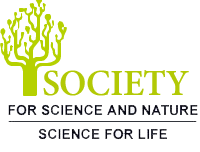1Medical Intern, Jawaharlal Nehru Medical College, Datta Meghe Institute Of Medical Science, Sawangi,Wardha
2Anaesthesiology Department ,Jawaharlal Nehru Medical College, Datta Meghe Institute of Medical Science, Sawangi,Wardha
Corresponding author email: aarathisubodh1@gmail.com
Article Publishing History
Received: 29/03/2021
Accepted After Revision: 26/05/2021
In 2019, the WHO led a workshop in which they assessed the utilization of masks to deflect the effect of the flu pandemic. There was a pressing direction on the utilization of masks by everyone as a tool in fighting SARS-CoV2, the respiratory infection that causes Coronavirus. Masks have been prescribed as an expected apparatus to handle the COVID19 pandemic. The studies and experiences from flu pandemic 2009 and extreme intense respiratory condition CoV 2002–2003indicated that there is adequate motivation to utilize “mass masking” as an effective technique to tackle pandemics. Recognizing why people may be resistant to wearing masks is the first, critical step to ensure the adherence to face masking. We are influenced by the culture we live in and we fall prey to biases and misinterpretations in our decision-making. Halting a pandemic requires collective, altruistic efforts from every individual, critical thinking, risk communication, and health promotion that engages the community and addresses their concerns. This article reflects on difficulties of mass masking, effects of custom made masks and utilization of masks for control of COVID-19 pandemic.
Masks, Mass Masking, COVID-19, Pandemic, Social Distancing, Respiratory Effects.


